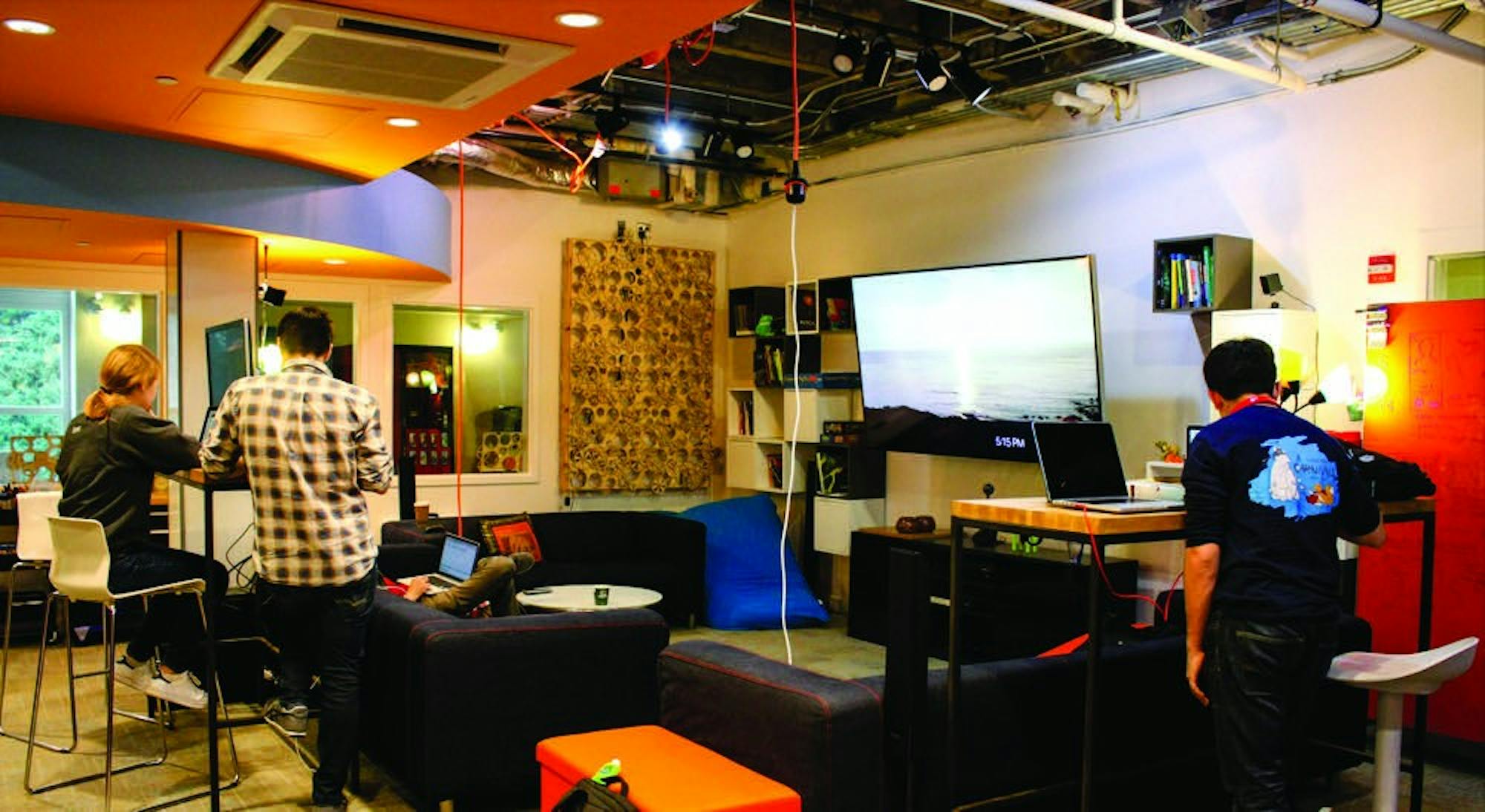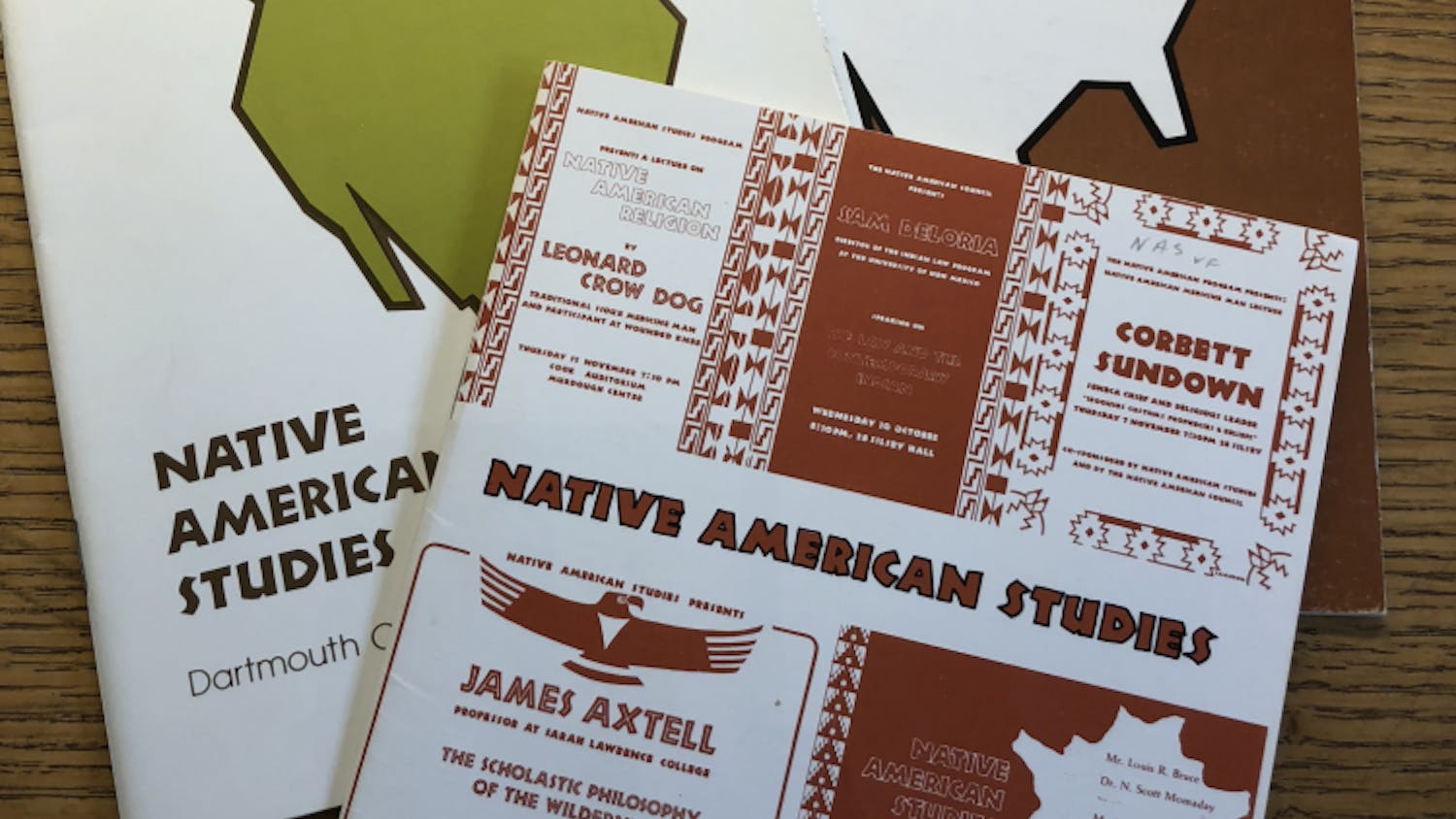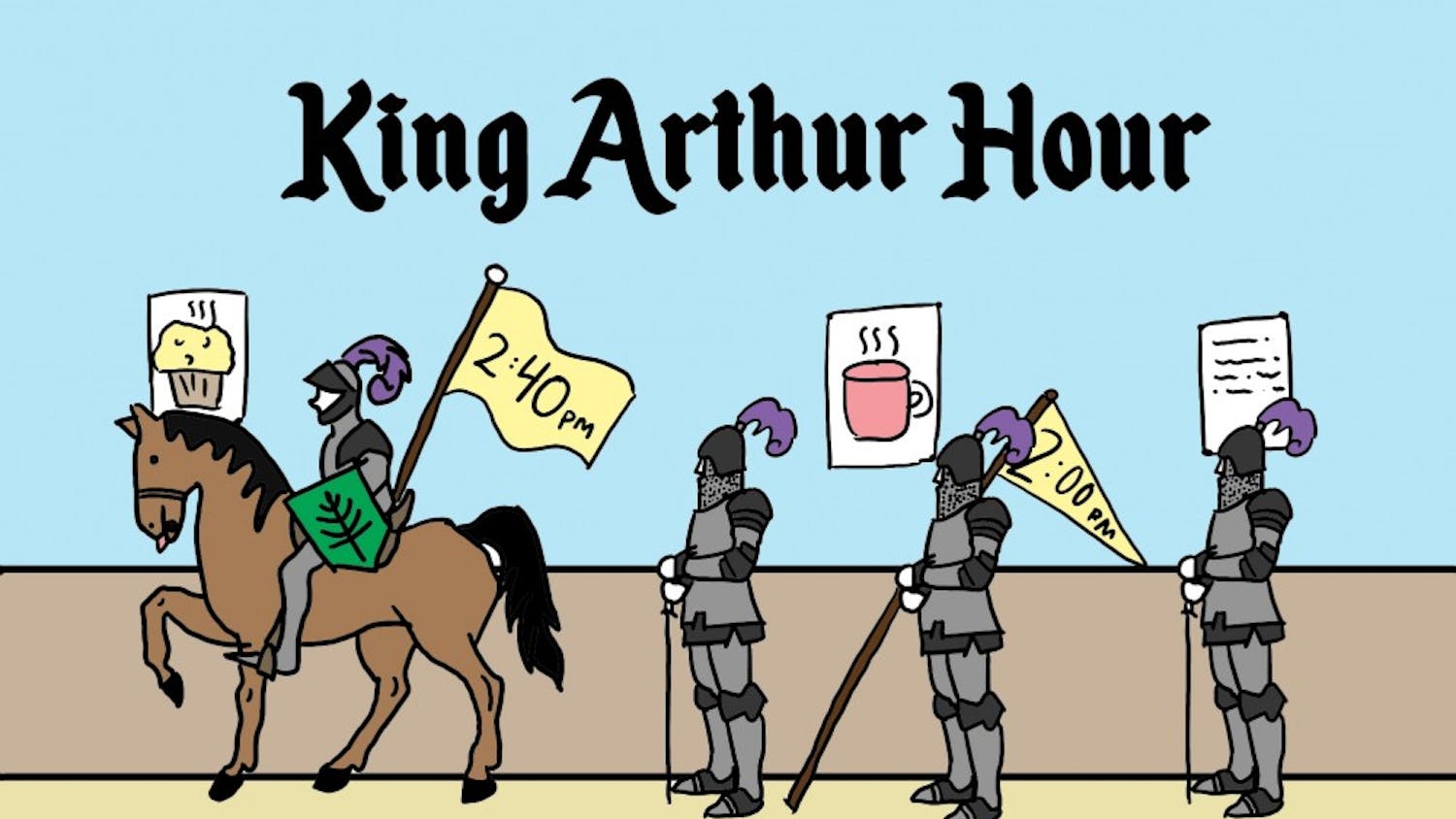“The grind never stops” — it’s a phrase that is all too familiar to Dartmouth students. It evokes memories of panic-driven all-nighters, seemingly never-ending to-do lists and calendars that just never seem to be empty. Sure, there are times when I find work unenjoyable — when I’ve spent hours on a problem set, and all I want to do is take a nap and maybe change my major. There are also times when work seems completely pointless — when I question if I’ll ever really use any of this information outside of class. Yet, for all of those times of panic, there are moments of passion. There are moments when I’m reminded of what all this work leads to: change: Real, physical, future-altering change. Those are the moments that make “the grind” seem worthwhile.
At Dartmouth, students can learn to embrace the grind by taking course material out of the classroom. Technigala, Dartmouth Applied Learning and Innovation Lab’s showcase of Dartmouth students’ latest innovations, aims to do just that. At Technigala, students get the chance to display their projects from various computer science classes and from DALI.
What makes Technigala different from other types of science symposia is its interactive nature. Instead of presenting a poster that details the technical methodology, results and conclusions of a study, presenters at Technigala pitch their own product, making the event more consumer-focused. Jane Lee ’19 — who has presented at Technigala every term since her sophomore fall and has worked in DALI for nine terms — notes that people who attend Technigala get the chance to actually interact with the projects the presenters have built.
“The interaction is the most special thing about Technigala,” Lee said. “DALI always builds projects that are meant to impact actual people, so to be able to showcase that and debut it in front of a real audience is what makes Technigala stand out.”
Moreover, Technigala yields an eclectic audience, ranging from students to professors to Hanover locals. Lee added that DALI also partners with outside companies.
“We invite [the partners] to come if they’re able to make it, and they can actually see for the first time how the project interacts with a real audience,” Lee said.
According to Sonal Butala ’22 and Archita Harathi ’22, who are working at DALI through Dartmouth’s Women in Science Project, Technigala is also a useful experience for the presenters, who get the chance to see what other students are creating while also receiving helpful feedback on their own projects. They both said that presenting at Technigala in the winter term with other students allowed them to identify ways to improve their mobile application.
“It was really inspiring to see projects that had been developed for a long time and see how much further we could go in our project,” Harathi said.
With all of the designing and live demonstration taking place, Technigala participants gain an increased understanding of the applications of their knowledge.
“DALI is an experiential learning program, so you get to really apply what you learn in an academic setting to a real project,” Lee said. “You’re not really coding to reach an audience in a [computer science] class. In DALI, you’re actually interacting with people.”
Unlike sitting in lecture, where it might be difficult to envision the relevance of the material being taught, creating and presenting a project at Technigala focuses entirely on real-world applications. For Harathi, who was uncertain about whether or not she wanted to go into computer science, the process of creating an application allowed her to see where the long journey of computer science courses could lead her.
“Going through this experience has shown me that I really like [computer science] and the potential of what I can do in the future with it,” Harathi said.
As with any extracurricular, creating a project to present at Technigala adds to the already large workload of Dartmouth students. However, when the “big picture” behind all the work is easily visible, work suddenly becomes less boring.
“The workload is definitely hefty, but it’s fun. I think that’s what really makes people want to work at DALI and want to work on these projects,” Lee said. “It’s not like regular classwork where it’s tedious. You’re working on something real, and I think that’s what makes it really worthwhile.”
The countless hours put into these projects certainly pay off when students get to see the end results of their applications. So, what exactly are Dartmouth students creating?
Lee’s most recent project was Line at KAF, a mobile application that alerts users of the wait time at King Arthur Flour. This term, Lee will be presenting a project from her COSC 98, “Senior Design and Implementation Project" class: a tool that leverages machine learning and wearable technology to help the visually impaired cross the streets more safely.
Butala and Harathi are working on a project that facilitates a delivery process for students to have their packages picked up and delivered from Hinman Mail Center.
“As a student, you can request to have a package picked up for you, and then another student will be matched to you and they’ll make some money for delivering that package to your dorm,” Butala said.
These examples are only just a peek into the abundance of creativity and innovation on campus. Here at Dartmouth, we are in a constant state of creation, and Technigala allows students to take the time to appreciate this creativity.
They say that if you love what you do you’ll never work a day in your life. Frankly, I’d have to disagree. Even the most passionate creators have times of doubt and stress. To create something meaningful, you need to work hard — there’s really no way of getting around that. Yet, when you look back at what you’ve accomplished, you just might realize that all the hard work you put in was worth it. And if that’s what “the grind” really means, perhaps it isn’t such a bad thing after all.




